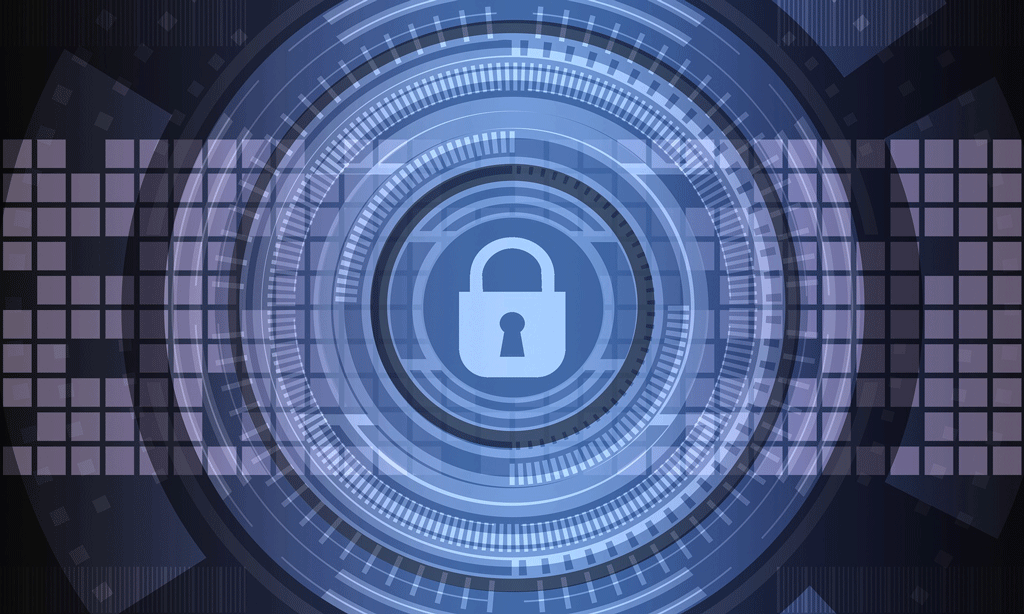 Cybersecurity should be a top priority for any business. Protecting your company and employee data is paramount to allowing your company to grow and be successful. Our cybersecurity partner OrbitalFire provides this look at 2022 cybersecurity trends to help you focus on what’s important to protect your business.
Cybersecurity should be a top priority for any business. Protecting your company and employee data is paramount to allowing your company to grow and be successful. Our cybersecurity partner OrbitalFire provides this look at 2022 cybersecurity trends to help you focus on what’s important to protect your business.
2021 was a year for the cybersecurity record books.
From staggering financial losses and business disruptions to complex regulatory mandate changes and cyber insurance freefall, the past twelve months have been unprecedented in every way. In fact, most of us in the cybersecurity profession are still catching our breath from what I refer to as “the year that cybersecurity went mainstream.”
Previous Cybersecurity Issues
Here are the highlights from the past year:
- January – cybercriminals caused businesses all over the world to question their IT providers due to a supply chain compromise. (SolarWinds)
- February – cybercriminals caused massive email disruption by exploiting holes in the world’s most popular email client. (Microsoft)
- March – cybercriminals claim the largest ransomware victim ever – $40M in ransom payment. (CNA Insurance)
- May – cybercriminals caused fuel shortages and nationwide panic. (Colonial Pipeline)
- June – cybercriminals made it twice as expensive to eat steak. (JBS Foods)
- July – cybercriminals made us all question the security of our business partners. (Kaseya)
- September – cybercriminals shut down hospital Emergency Departments all over the country when an infant’s death was attributed to disruptions caused by ransomware. (Springhill Medical Center)
- November – the Federal government announced stringent new cybersecurity requirements for manufacturers. (CMMC 2.0)
- December – security researchers announced a severe new vulnerability exposing millions of computers. (Log4j)
And the near future isn’t looking much brighter. We continue to see businesses victimized all over the world. And this is all happening while governments and supply chain partners are putting more pressure – and distractions – on organizations to strengthen their resilience.
2022 Cybersecurity Trends
So – what cybersecurity trends do we anticipate for 2022? Let’s start with a few no-brainers:
- Cyber insurance will become a luxury – Most businesses will see their premiums double, triple or more. Many businesses simply won’t be eligible. This will essentially feel like driving your car on the highway all day every day knowing that a crash will cost you everything.
- Virtual officer workers will continue to introduce risks – We don’t completely understand these issues because the pandemic is still relatively new and some of the effects are longer-term, but we know that there are new challenges with this model.
- Regulatory mandates will see more enforcement – The government will start to make examples of manufacturers, healthcare providers and financial services organizations. After all, it generates revenue for the government and stimulates voters.
Now these all seem pretty obvious, and they’re all bad news. No surprises. But – there’s one trend that is becoming increasingly common, in every industry and every geography:
- Small businesses will start to believe.
Huh? What? What does that even mean? Let me explain.
Anyone who was around on September 11th knows what it feels like to be shocked to your core by unimaginable disaster. The events of that day are still hard to process 20 years later. But countless studies have shown that federal law enforcement had all the intelligence they needed to prevent that attack.
In fact, the 9/11 Commission concluded that the worst terrorist attack ever was made possible by one painful fact – we just didn’t believe it could happen.
Fast forward 20 years, and we see the same thing happening in cybersecurity. Small businesses haven’t invested in cybersecurity simply because they didn’t believe it would impact them.
But it did.
Cybersecurity Actions to Take
Every day I see small businesses taking more responsibility for protecting their data, their customers and their livelihoods. It’s no secret that all small businesses are at greater threat of cybercrime than ever before.
We’re also seeing more partnership across supply chains. Protecting your employees’ information, like social security numbers and bank account information has never been more important. Most small businesses outsource their HR and payroll functions, so this means working with GTM Payroll to ensure that you understand your risks and you’re doing your part to protect the payroll ecosystem.
If you don’t already – it’s time. Time to believe. Time to believe that cybersecurity is now mainstream. Believe that it can happen to you.
Believe that you can do better.
Reg Harnish
CEO, OrbitalFire

